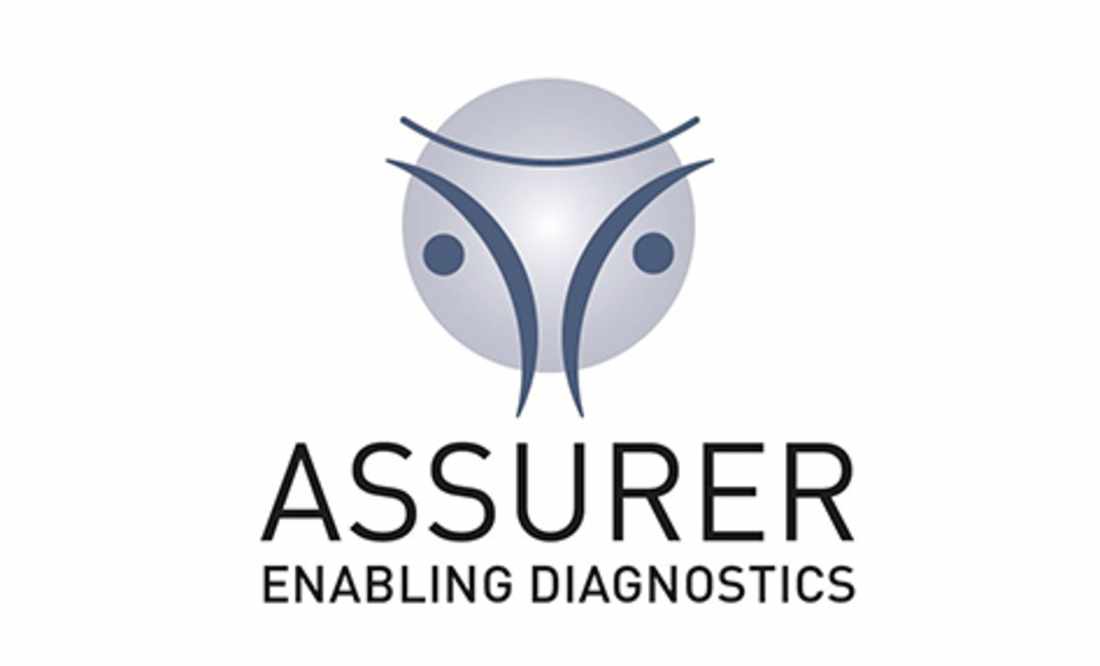ASSURER
Automated system for the early detection of cervical cancer
1. October 2017 - 31. August 2020
Cervical cancer, which is mostly caused by human papilloma viruses, is one of the most frequent cancers in women worldwide, with more than 500,000 new cases and over 260,000 deaths each year. In the development of this cancer, DNA methylation is altered in specific sequence sections. The analysis of corresponding methylation patterns is therefore a highly sensitive diagnostic tool. So far, however, only a few diagnostic tests have come into practice on this basis.
In developed countries, the introduction of screening has already significantly reduced new cases and deaths - but at the expense of strong over-therapy. InfectoGnostics member company oncgnostics has therefore developed the GynTect assay for cervical cancer diagnostics, which contributes to doctors' therapeutic decisions: The test allows an evaluation of whether a biopsy is necessary.
Based on this test, the ASSURER project is dedicated to developing a fully automated system for early detection. In the project:
- the entire process of the GynTect assay will be redesigned so that the test can be integrated into automated processes in service laboratories with
- a stand-alone methylation module, also for integration into laboratory robots,
- the BLINK POCT platform is extended with a methylation module and GynTect ported to the platform as the first test based on DNA methylation markers,
- a novel format for performing sensitive assays for testing sensitive sample material, e.g. liquid biopsies from blood serum or plasma will be developed,
- new markers will be developed for screening for ovarian carcinomas.
Project duration: 01.10.2017 - 29.02.2020 (project of the University Hospital has been extented until 31.08.2020)
At the InfectoGnostics research campus in Jena, the campus partners BLINK AG, oncgnostics GmbH, biotechrabbit GmbH, Quantifoil Instruments GmbH and the women’s clinic of the University Hospital Jena are working together on the ASSURER project. The project is coordinated by the InfectoGnostics office.
The German Federal Ministry of Education and Research is supporting the project under the KMU-NetC programme.
